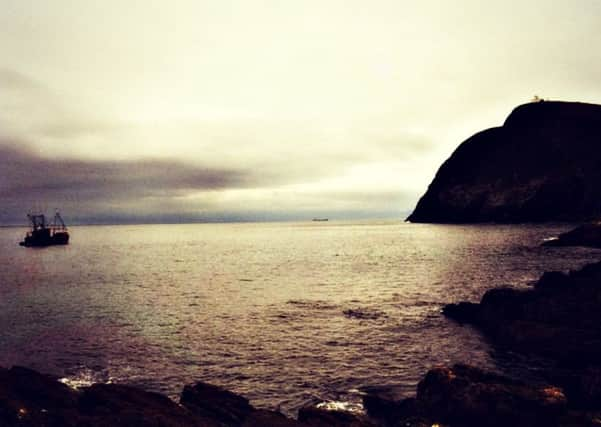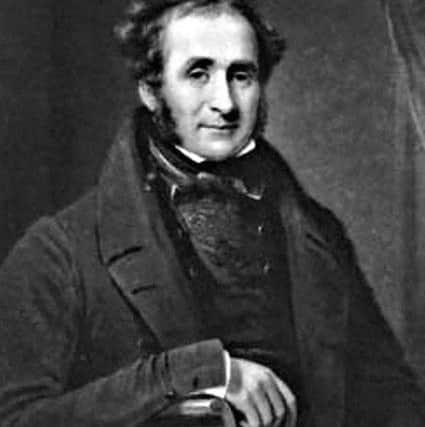The tiny Hebridean island earmarked as Scotland's Alcatraz


Here Debbie Clarke looks at the case made for turning the lonely outpost, which sits more than 40 miles from the Butt of Lewis and a three-and-a-half hour sail from anywhere, into a far flung prison.
In 1852, Sir James Matheson, MP for Ross and Cromarty, offered to gift the island of North Rona to the Government for use as a penal settlement.
Advertisement
Hide AdAdvertisement
Hide Ad

Sir James, a merchant who made a vast fortune through the opium trade, set out his vision for North Rona in a newspaper article on April 16 1852, believing it would be the idea place to put 1,000 convicts.
At the time, North Rona was home to only a “handful of ruined huts” given its last residents left several years earlier following a fishing accident which claimed the lives of all the island men, according to the report.
Sir James claimed the authorities could saved £100,000 over four years by using Norh Rona as a penal colony. While each convict sent overseas cost the authorities £40 a year to maintain, the cost would fall to £15 in the Outer Hebrides.


The report said: “Should Government accept Sir James Matheson’s offer of this island as a convict prison and penal settlement, it will combine the advantages of Portland prison and a penal colony in New South Wales being near enough to be controlled by home authorities through Directors of Prisons for Scotland or through a separate board of commissioners; and from the small size of the island and its loneliness, it would have all the terrors and none of the attractions of transportation to Australia.”
The report described the physical state of North Rona with its good - ‘though not luxuriant’ - pasture and excellent barley crops.
“There are neither rats nor mice, and but very few birds in the island. There is no peat moss, and not much seaweed. There is sufficient spring water on the south shore. Seals are numerous, but not easily killed and codfish are abundant,” the article added.
Indeed, it was even suggested part of the island could be run by convicts as a “garden farm.”
Advertisement
Hide AdAdvertisement
Hide Ad“This would be a good training for such convicts as might afterwards emigrate and it would considerably diminish the expense of the establishment.
“All other kinds of labour, usual in prisons, could, of course, be done at North Rona. As a prison made of galvanised iron may easily be removed from one place to another, a great difficulty is obviated as regards the expense of buildings, which, after serving their purpose in one locality, became useless, as now the transfer from one locality to another is provided for.”
However, Sir James’ offer was declined and the proposal was shelved.
North Rona never did become a penal colony and, apart from farmers from Lewis who continued to graze sheep on the island and the odd visit from poets and conservationists, it has remained more or less untouched by human life.
